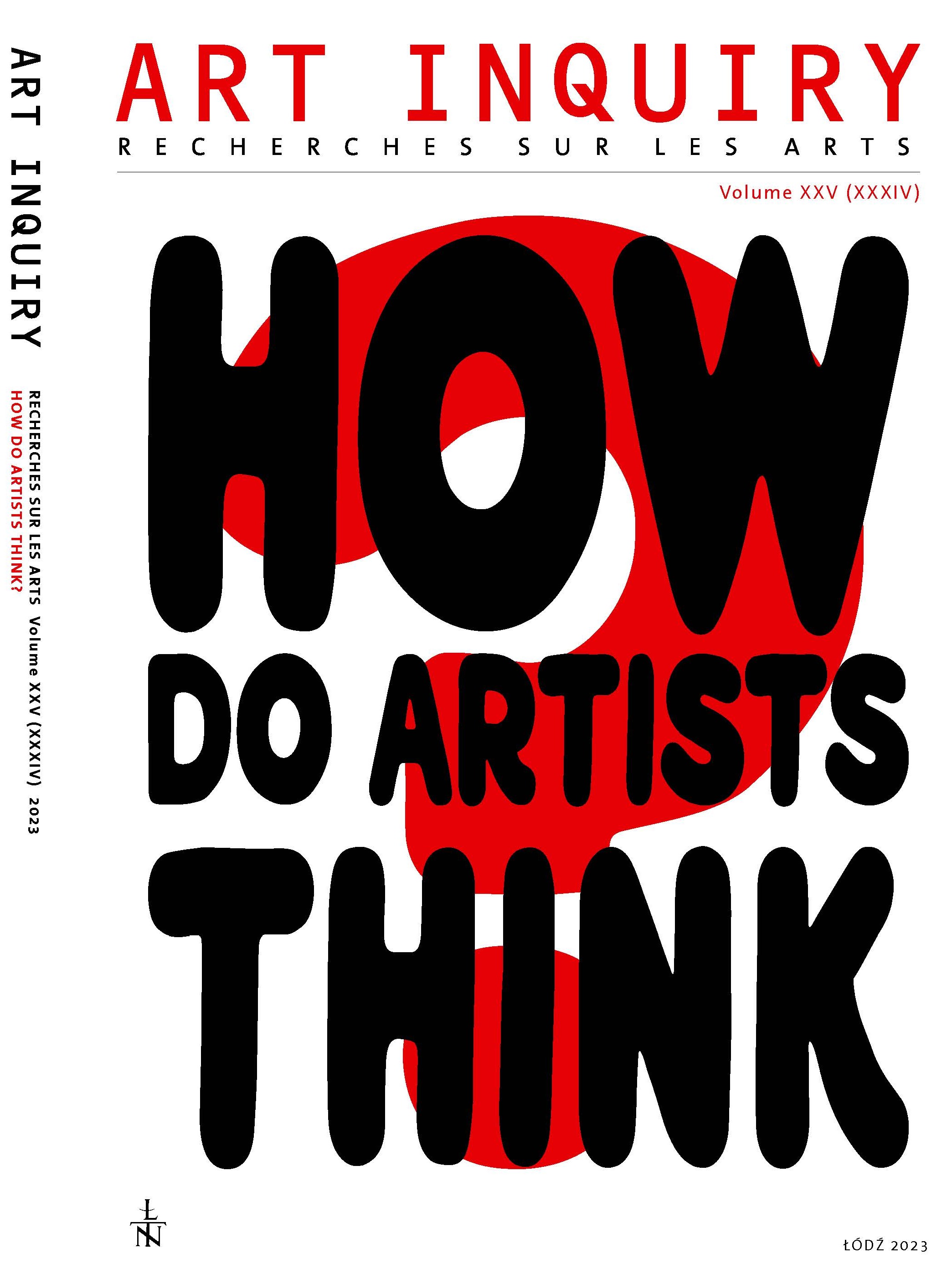Writing Poetry after Bucha or on the Expression of the Inexpressible
DOI:
https://doi.org/10.26485/AI/2023/25/21Keywords:
Adorno, sublime, critical theory, Ukraine, artAbstract
The paper considers some selected artistic practices in the current context of war in Ukraine. It is confronted with the famous quote of Th. W. Adorno "writing poetry after Auschwitz is barbaric" as a ban on aesthetic representations of the face of war. Referring to Kant's category of the sublime, the author tries to justify artistic responses as an effort to "express the inexpressible".
References
Adorno Theodor W., Prism, transl. S. & S. Weber, MIT Press, Cambridge, Massachusetts 1983.
Aesthetic Theory, transl. R. Hullot-Kentor, Continuum, London-New York 2002.
Adorno Theodor W., Horkheimer Max., Dialektyka oświecenia, transl. M. Łukasiewicz, Wyd. IFiS PAN, Warszawa 1994.
Adorno Theodor W., Metaphysik. Begriff und Probleme, Suhrkamp Verlag, Frankfurt am Main 1998.
Adorno Theodor W., Minima Moralia. Reflections on a Damaged Life, transl. E. F. N. Jephcott, Verso, London – New York 2005.
Adorno Theodor W., Negative Dialectics, transl. E. B. Ashton, Routledge, London-New York 2004.
Adorno Theodor W., Sztuka i sztuki. Wybór esejów, ed. K. Sauerland, tranls. K. Krzemień-Ojak, PIW, Warszawa 1990.
Brecht on Theatre: The Development of an Aesthetic, ed. and transl. J. Willett, Hill & Wang, London 1964.
Craib Ian, Modern Social Theory: From Parsons to Habermas, St. Martin's Press, New York 1992.
Didi-Huberman Georges, Obraz krytyczny. Obraz krytyki, transl. A. Leśniak, "Teksty Drugie", 2016, no. 5, pp. 360-375.
Kant Immanuel, Krytyka władzy sądzenia, transl. J. Gałecki, PWN, Warszawa 1964.
Kołakowski Leszek, Główne nurty marksizmu, vol. III, Zysk i S-ka, Poznań 2001.
The Handbook of Critical Theory, ed. D. M. Rasmussen, Blackwell, Cambridge 1996.
Downloads
Published
Issue
Section
License

This work is licensed under a Creative Commons Attribution-NonCommercial-NoDerivatives 4.0 International License.



